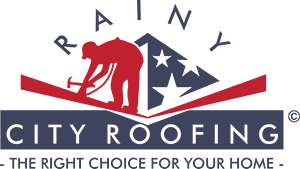When it comes to protecting your home from the elements in the Pacific Northwest (PNW), having the right roofing materials is essential. The unique climate of the region – characterized by heavy rainfall, moderate temperatures, and occasional storms – requires durable and weather-resistant roofing solutions to prevent a host of issues down the road. This blog will explore the top roofing materials suitable for homes in the Pacific Northwest, helping homeowners make informed decisions about their roofing needs.
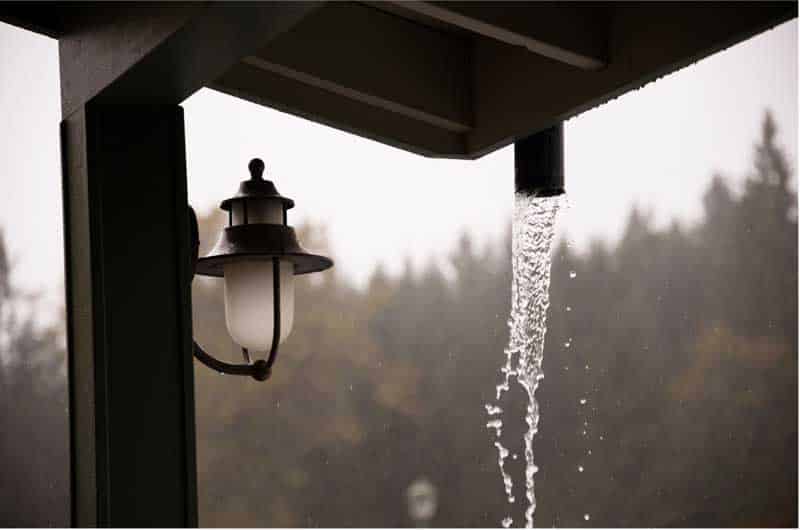
The Pacific Northwest Climate and Its Impact on Roofs
The Pacific Northwest, including areas like Portland, Oregon, is known for its unique climate, characterized by heavy rainfall, moderate temperatures, and occasional storms. This climate poses specific challenges when maintaining your property, putting a significant strain on the home’s roof. The right materials will stand up to the region’s unique weather, safeguarding against damages that could place those who share your home with you at risk of harm.
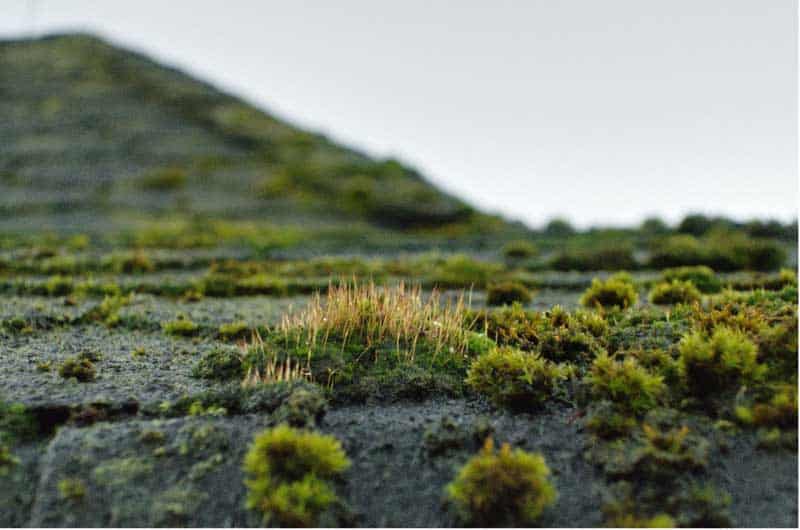
The region’s heavy rainfall requires roofing materials that are highly resistant to water to prevent leaks and water damage. In addition, the damp climate can lead to the growth of moss and algae on roofs, causing premature deterioration and damaging the home’s structural integrity. Strong winds, especially in coastal areas, also require the use of roofing materials that can withstand average wind speeds of 15 mph and gales reaching upwards of 50 mph during the winter. Likewise, poor insulation of these unsuitable materials can also lead to higher energy bills, and result in an unattractive appearance – detracting from the overall design of your property. If the correct materials and techniques are not used when installing or replacing a roof in the Pacific Northwest, the consequences can be devastating (not to mention, expensive).
Top Roofing Materials for Homes in the Pacific Northwest
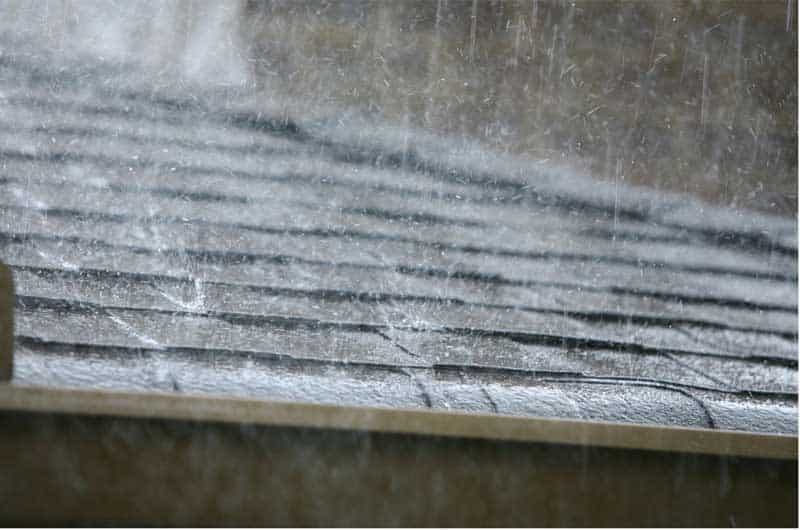
Choosing the most suitable roofing material for your home in the Pacific Northwest is incredibly important. It affects not only the durability and energy efficiency of your home but also its overall comfort, safety, and curb appeal. Here are some of the most often used roofing materials for properties in the PNW:
- Cedar Shakes and Shingles:
Cedar shakes and shingles are a popular choice for Pacific Northwest homes due to their natural beauty and insulation properties. Sourced from well-managed forests in the region, cedar is well-suited to the region’s climate, withstanding heavy rainfall and high winds. With proper maintenance these shingles can last up to 60 years. - Asphalt Shingles:
Asphalt shingles are a cost-effective roofing option for most homeowners but especially those residing in regions with damper, more volatile weather patterns. They come in a variety of colors and styles, offering versatility and affordability. While asphalt shingles are durable and water-resistant, they may not last as long in the damp climate compared to other materials. - Metal Roofing:
Metal roofing is a durable and long-lasting option for PNW homes. It offers excellent resistance to water, wind, and moss growth, making it ideal for the region’s climate. However, due to the unique appearance of metal, this roofing choice might not fit the over design of your home. - Rubber Shingles:
Rubber shingles present a durable and environmentally conscious choice for homes in the region. These shingles, crafted from recycled materials like plastics and wood particles, offer remarkable resistance to the elements. They stand up well to the water, wind, and hail typical of the region’s demanding climate. However, these shingles will cost more initially, then typical asphalt shingles and specialized installation is required. - Modified Bitumen Roofing and PVC Roofing for Flat Roofs:
For flat roofs – typically found on industrial and commercial buildings– modified bitumen roofing and PVC roofing are popular choices in the Pacific Northwest. These materials offer excellent durability and water resistance but do lack the impact resistance of some of the other options on this list, making these roofs prone to things like hail damage and puncturing.
Pros and Cons of Each Roofing Material
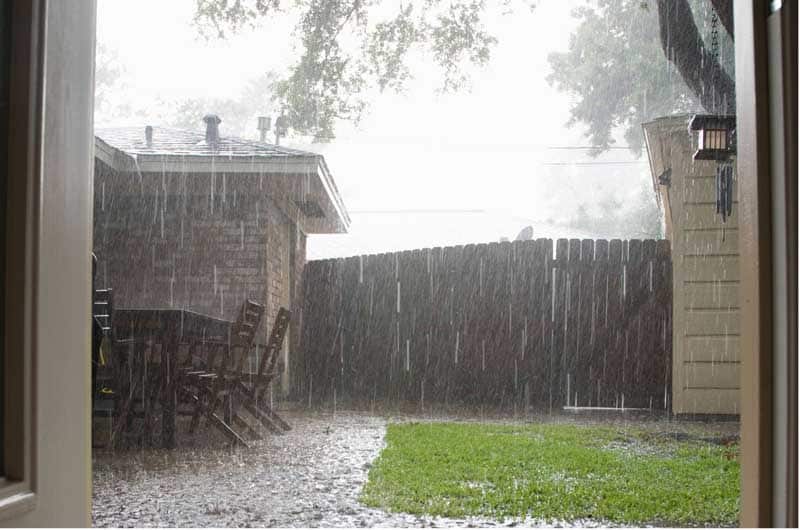
With each type of roofing material, there are pros and cons that inherently come along with using them. However, depending on your home’s location and design, some materials might be more advantageous for your property than others.
- Cedar Shakes and Shingles:
Pros: Natural beauty, insulation properties, sustainable sourcing
Cons: Requires regular, consistent maintenance, higher initial cost - Asphalt Shingles:
Pros: Affordable, versatile, easy to replace
Cons: Prone to storm damage, shorter lifespan - Metal Roofing:
Pros: Durable, long-lasting, low-maintenance
Cons: Higher initial cost, potential for noise during rain - Rubber Roofing:
Pros: Flexible, weather-resistant, eco-friendly
Cons: Can develop mold spots, strong initial odor - Modified Bitumen Roofing and PVC Roofing for Flat Roofs:
Pros: Durable, weather-resistant, affordable
Cons:, much higher initial cost, fire risk associated with installation
Get Professional Guidance
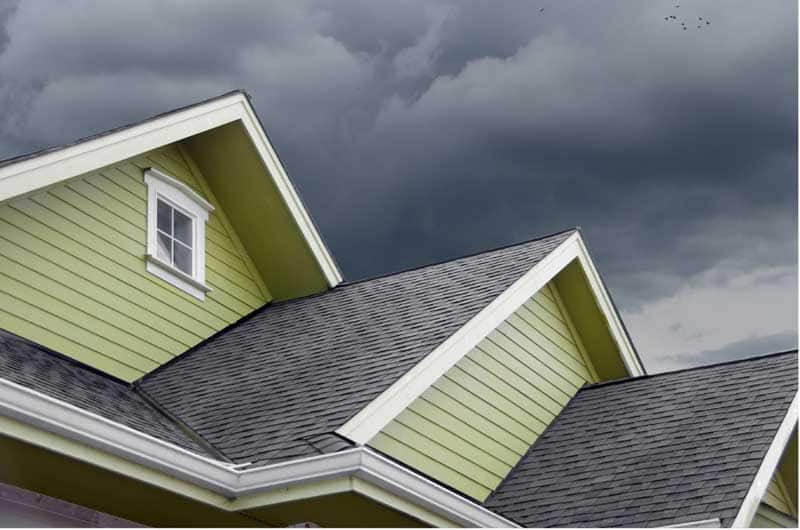
Choosing the right roofing material for your Pacific Northwest home is essential for ensuring durability, energy efficiency, and aesthetic appeal. Additionally, the right roofing can significantly enhance your home’s visual charm, boosting curb appeal and potentially increasing its market value. Whether you opt for cedar shakes, asphalt shingles, metal roofing, rubber roofing, or modified bitumen/PVC roofing for flat roofs, Rainy City Roofing Services is here to help. At Rainy City Roofing , we understand the importance of choosing the right roofing materials for PNW homes. With over 30 years of combined experience serving the Portland area, we specialize in providing high-quality roofing solutions tailored to the specific needs of our clients. Contact us today to learn more about our roofing solutions and schedule your free consultation with our team of experts. With our experts on your team, you can trust that your home will be in good hands!
